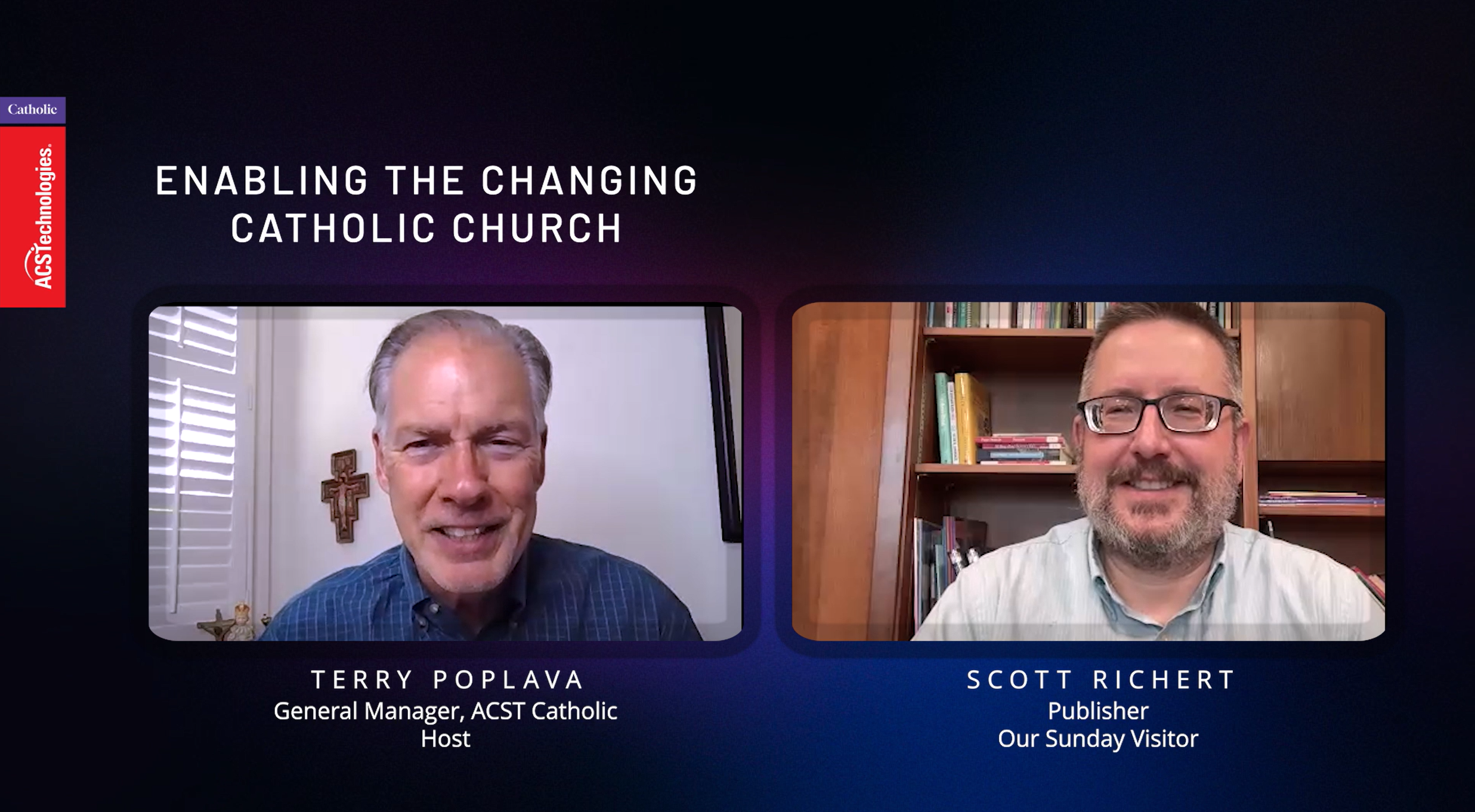Churches need solid financial plans. God can do anything; Money doesn’t limit Him, but you won’t be able to manage your ministry without a firm grip on your finances. God won’t allow you more if you can’t handle what you have. But when God can trust you and you’ve proven your responsibility and accountability, He’ll open the windows of heaven.
Great churches understand their budgets and use them to fulfill God’s purposes. They aren’t slaves to their budgets, but they know how to use them to do God’s work in a meaningful way. His word is filled with solid financial principles, and churches must walk the line between moving forward in faith without walking in foolishness. Remember, even Jesus had a treasurer.
In order to make wise, financial decisions that benefit everyone, you have to do your homework.
Maybe you know how to read Hebrew, Greek, and Aramaic. You may even be able to exegete a verse to perfection, but you’d better be able to read your financial statements. Learn about debt, revenue, accounts payable, depreciation, interest rates and assets. Debt will cripple your ministry while the right investment can take it to the next level. People give to ministries they trust. Don’t be foolish with money or people will stop supporting you.
In order to achieve financial efficiency and accountability for your church, there are three specific areas you should look into.
Funding Sources—Make sure you understand what’s coming in.
How much money is coming in?
Have an understanding of what’s coming in and where it’s coming from. A number is no longer enough. You can’t afford to look at Sunday’s offering total and make decisions for the week. Know who’s giving and why they are giving it. Some giving will be regular and consistent, while some will be unique. Know how your people give, and make it easier for them.
How much money will come in?
Plan to do with less. Many thriving churches set the current year’s budget at 90% of the last year. This builds in margin and keeps them from overcommitting themselves. Planning to operate on less money keeps your budget from getting too tight if revenue falls. It also makes it more likely that you’ll have extra money come in that can allocate towards upcoming programs and projects.
Resource allocation—You can’t control what’s coming in, but you can control what’s going out.
Who decides how money is spent?
Create a great team of wise leaders who can help you set your budget. Pastors can’t carry this burden alone. Let your team help you make decisions. Build the appropriate safe guards against mismanagement within your church’s governing structure.
Who gets the money?
All ministry isn’t created equal. Some need more support than others. Create channels for ministries to request and receive funds. Say no to some people and yes to others. Make people prove why they’re ministry is worth the investment. This is another reason you need a great team to navigate the requests and ensure the ministry champions your vision and values.
Asset Utilization—Buildings, equipment and ministry tools can be beautiful and impactful, but they cost a lot of money. Plan for upkeep and maintenance.
What are you buying?
Think long term. Think debt free. Ask yourself what you need and what you can afford? Don’t fall into the instant gratification spiral. Buy things that support the mission God has given you. Don’t be afraid to spend money, but don’t be quick to purchase the latest greatest gadget. Don’t buy to impress people, buy to impact people.
Why are you buying it?
Don’t be quick to throw money at problems. Many issues can be solved without money. A solid budget keeps you from frivolous emergency spending. But, don’t let problems linger if a few dollars can fix it now.
Will it last, and can it grow as you grow?
Buy today with the future in mind. Make sure you buy things that will last and grow. Don’t build a 10,000 seat sanctuary with an average attendance of 120, but do be sure to build for growth.
Is your church giving?
God loves cheerful givers. Don’t expect your people to be generous if your ministry is stingy. Make giving a budget item. 10% is a good number to aim for over the year. Give to others who are doing great things for God’s Kingdom.
What do you take into consideration as you plan your budget for the upcoming year?



